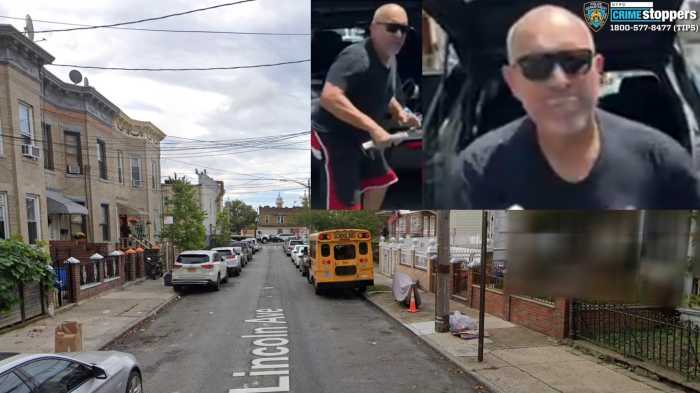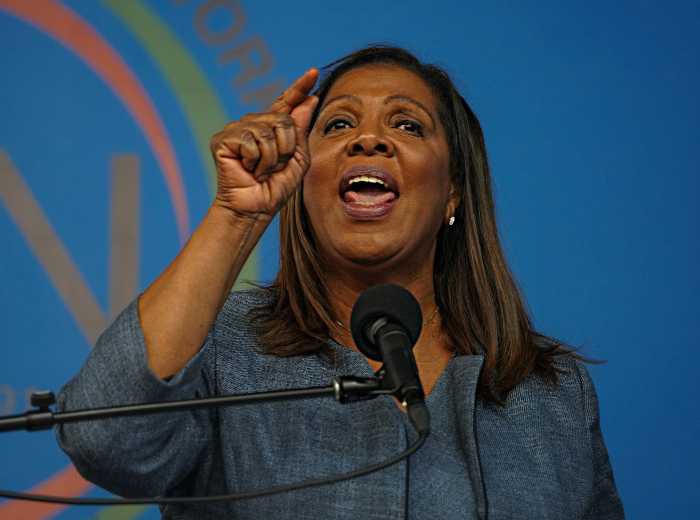Wealth inequality in New York City is at epic levels, with almost 30% of children citywide in poverty and more than 43% of children in the Bronx officially poor, according to an analysis of new American Community Survey census data released by the New York City Coalition Against Hunger.
While median household income in the city last year was $52,996 — nearly identical to 2013 — New York state has a level of wealth inequality worse than that in the Dominican Republic, India or El Salvador, according to the analysis. One in five city residents, and 16% of residents in the state, live below the federal poverty line, existing on less than $19,790 for a family of three.
“Instead of depending on pantries and charity, we’re really advocating for government programs to abolish hunger,” said the hunger coalition’s communications coordinator Magen Allen.
The group wants passage of the Child Nutrition and WIC Reauthorization, which will continue helpful federal programs such as school meals and WIC (the Supplemental Nutrition Program for Women, Infants and Children). The program expires Sept. 30.
Demand at food banks and pantries has continued to swell since the recession of 2008 and cuts to the food stamp program over the last two years have resulted in continual and additional demand, said Stewart Desmond, executive director of the West Side Campaign Against Hunger.
“We are seeing more people,” and “people are coming from further and further away,” often visiting several food banks in a week, said Desmond, whose program distributed 1.5 million pounds of food last year. The skyrocketing cost of housing in the city has cash-cramped many lower income New Yorkers, who are forced to choose between food on the table and a home in which to eat it. “Many more (people) are coming to us with eviction problems,” said Desmond, noting his program “saved 17 people from evictions,” in the fiscal year that just ended.
“This new data proves beyond a doubt what we already knew — the national and local economic recovery is still nearly invisible for struggling middle and low-income families,” said Joel Berg, executive director of the NYC Coalition Against Hunger.



































